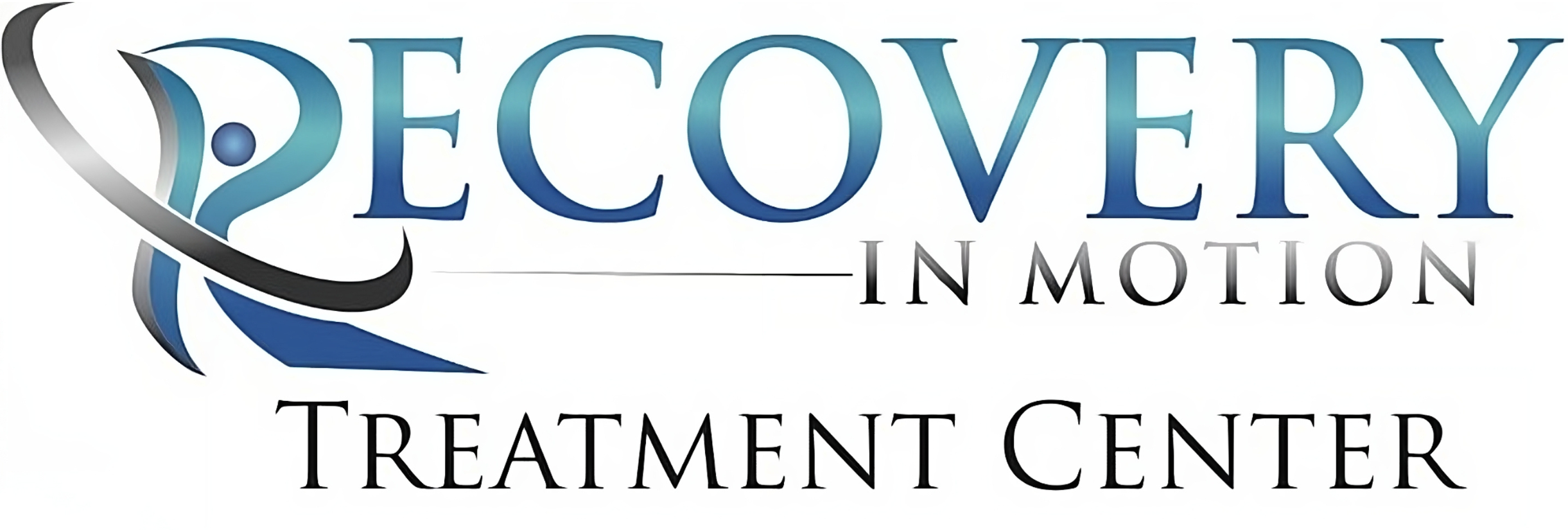Hollywood’s Impact on Drug Addiction
Drug addiction is an epidemic the nation has been struggling with for years. In 2013 alone, statistics showed that more than 9% of the population over the age of 12 was using drugs. Hollywood is often viewed as having a huge impact on these statistics. Many teens use celebrities as role models. When it comes […]
Things to Look forward to in Recovery
Living up sobriety
How Do I Know a Particular Drug Addiction Rehab Center is Right for Me?
Trying to find the right drug addiction rehab center for your very individual needs can be overwhelming. A simple online search leads to many possibilities all across the country. While many of these choices seem promising, do they offer what you really need? Is the focus on sustained recovery, or is much of the drug […]
Are the Best Alcohol Rehab Centers Always in Well Known?
Trying to find the best alcohol rehab centers to choose from can be like searching for needles in a haystack. A web search easily leads to hundreds of options, some of which you may be familiar with and others that are a mystery to you. All of these options purport to be the best alcohol […]
5 Signs You’re Ready for Substance Abuse Rehabilitation
Substance abuse rehabilitation provides comprehensive help for those people who are ready to get their lives back on track and enjoy a more fulfilling future. When substance abuse takes hold, rehab is a very necessary step toward freedom from the problems that otherwise won’t go away. Five Signs You’re Ready for Substance Abuse Rehabilitation Many […]
How the Abuse of Prescription Pain Medications Can Lead To Heroin Use [Infographic]
Prescription Pain Medications Many individuals who struggle with an addiction to heroin originally began by abusing prescription pain medications. All too often, people mistakenly believe that prescription painkillers are less addictive, dangerous or problematic than drugs like heroin, but the two are inextricably linked. The use of prescription pain medications can and often does lead […]
Struggling with Alcoholism: How to Stop Drinking
When you’re struggling with alcoholism, attempts to stop drinking are often difficult. However, steps can be taken to progress toward recovery and ensure a successful return to a fulfilling life. It’s important to recognize that stopping substance abuse requires outside help for sobriety to be achievable and lasting. Why You Need to Know How to […]
Inpatient vs Outpatient Rehab: What You Need to Know
If you are thinking about going to rehab, you’ll need to understand which direction is best for you to take. knowing where you stand with everything can be hard, especially when you make the decision that help is needed. If you’ve been an addict for a long time, how should you decide what kind of […]
Rehab or Your Job: You Don’t Have to Choose
Stressing about how to keep your current job while you go to rehab? Turns out that Fear is the top reason that stops alcoholics and addicts from seeking help. The fears of repercussions are what keeps addicts stuck in a cycle of self-destruction. Is there currently a way we can assist those we love with […]
Used and Abused: The Most Common Types of Prescription Drugs that are Abused
Do you wonder why America has been so taken by substance abuse over the years? If you’ve been affected by addiction, then you know how troubling it is to see the state of substance abuse worsen each year. To the uneducated, it might be the result of alcohol or street drugs like heroin and amphetamines. […]


